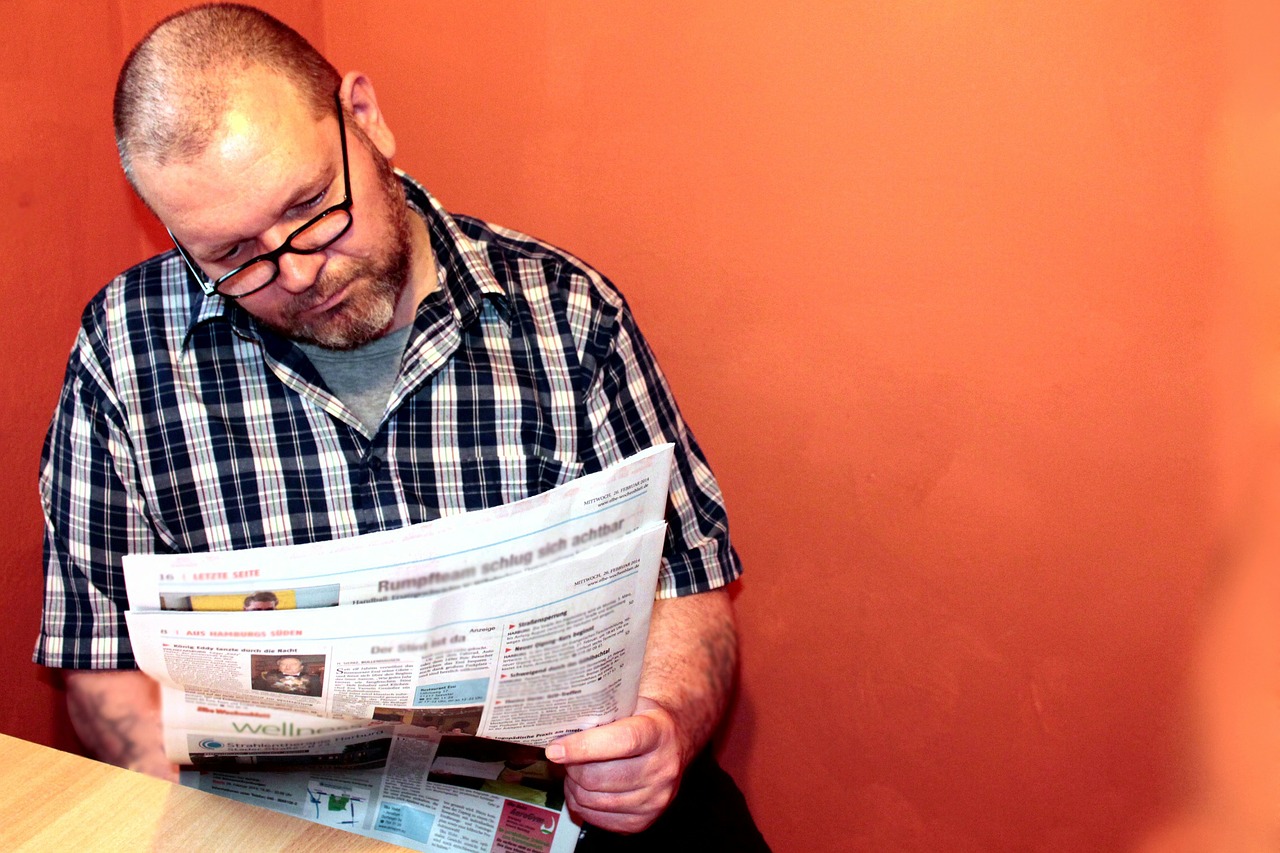Fake news grow on the Internet and social media up to six times quicker than reliable news. But far more worriesome is the increasing polarization of online information, and the confirmation bias that lets people believe only what confirms their preexisting beliefs. Walter Quattrociocchi explained this at Forum dell’Economia Digitale, last week in Milan.
It’s quite easy to find trustworthy data or authoritative sources to analyze any social, cultural or economic trend. Once representing a scarce resource, information is today more accessible and, with a bit of effort, of better quality. But the fake news phenomenon is exponentially growing, and countermeasures by regulatory bodies or digital platforms have had little impact so far.
More than fake news spread, according to Walter Quattrociocchi we should worry about something far more dangerous, that is people surrendering to exercize critical thinking, and locking to information confirming their view of the world. It’s the so called confirmation bias, entrapping ourselves into reassuring comfort zones, where we can reinforce our opinions and – at the same time – radicalize our prejudices.
In 2015, a survey over 54 million Facebook users unveiled that only one of twelve interacts with contradictory contents. As we read and share only what we agree with, and don’t even bother to check its source or content, it is far more probable to run into a fake news and become a voluntary (or accidental) mouthpiece. That’s why about 91% of polarized media topics generates fake news.
Data are not neutral any more. Considering receivers’ limited interpretation will, they are continuously folded to confirm speakers’ thesis. With a double effect: reinforcing and multiplying consensum by allied stakeholders (“In the new politics, apart from elections, the top metric is Like”, wrote Denise Pardo on the Italian magazine L’Espresso), and inciting rivals’ reactions. Even debunking practices, aimed at refuting fake news through experts, have often the opposite effect, thus instigating conspirators and further distancing moderates.
As there isn’t a single way or a magic strategy to deal with fake news, some brands play on empathy and lower the level of polarization, trying to bring the dialogue back to neutral and reasonable tones. We learned reputation is a strategic asset for companies, but – as Matteo Flora highlighted on the same stage – we cannot pretend to build it on facts and figures only. In the fake news age, reputation is a perception, and it is fed by stakeholders’ conversations, online and beyond.




